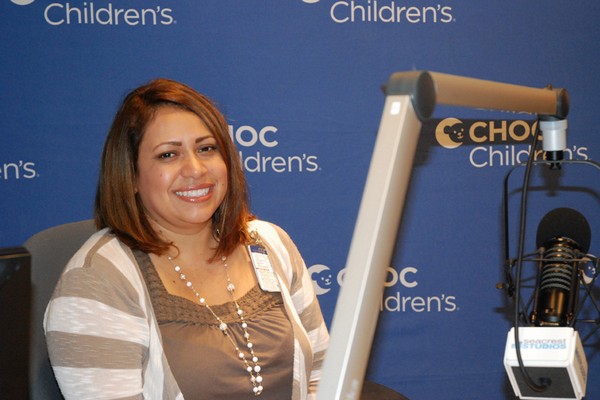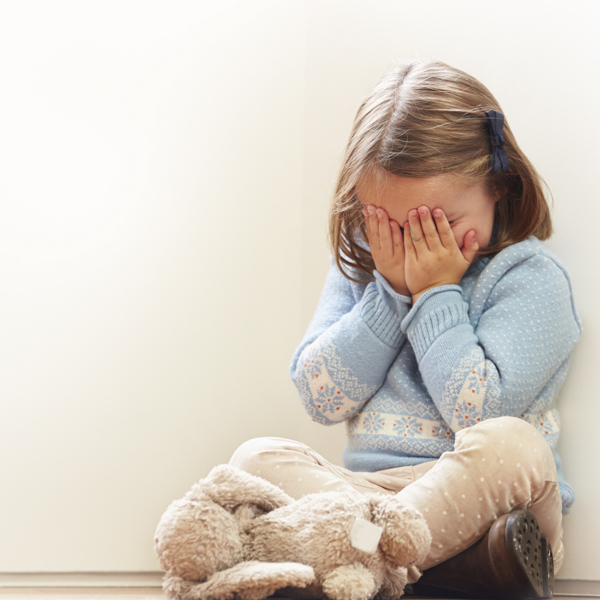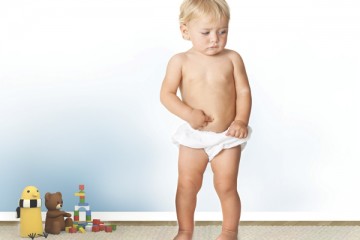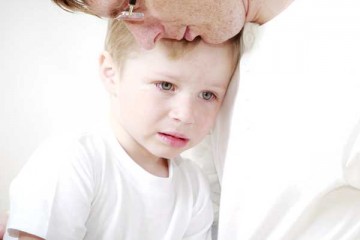Identifying Child Abuse
SIGNS OF ABUSE IN BABIES AND KIDS
“If a baby isn’t cruising, crawling or getting around, a bruise would be worrisome unless there is an explanation,” says CHOC pediatrician and child abuse expert Dr. Daphne Wong. Another sign of abuse may be bruises in unusual places, like the abdomen or buttocks, she says. Dr. Wong also cites a new study which found that a history of bruising or oral injury in pre-cruising infants should raise suspicions of abuse. Another clue might be sudden behavior changes. “In older kids, if the child is acting out or suddenly becomes aggressive, something else might be going on,” says Dr. Wong.
RISK FACTORS
Child abuse doesn’t just occur in families with certain income levels or ethnic groups – it happens across the spectrum of all people, including intact and single-parent families, wealthy and lower-income families, says Dr. Wong, adding, “You can’t profile or make assumptions.” Two major risk factors are adults or parents under stress, including financial stress, and in house hold were there is substance abuse, she says.
PREVENTING CHILD ABUSE: TIPS FOR PARENTS
- Walk away. If a crying baby gets to you, and the child is fed, changed and fine, walk away from the child and take a break. “Close the door and go into another room so you don’t have to listen to the crying for a few minutes,” says Dr. Wong.
- When stressed or overwhelmed by childcare, reach out to others for help. Seek and build a support system by reaching out to friends, family, neighbors and other parents.
- Use your pediatrician as a resource for help and tips on ways to deal with or discipline your toddler.
- Hire a babysitter once a week to give yourself and your partner/ spouse some time away from the child.
Meet Dr. Daphne Wong - CHOC Pediatrician
Dr. Wong completed her residency in pediatrics at UCLA, where she was chief resident. She served on the faculty at UCLA Medical Center for four years as a part of the general pediatrics and child abuse teams. In 2002, Dr. Wong came to CHOC, where she has been actively involved with the residency program, educating residents, other physicians, the nursing staff, law enforcement officials and social services workers about child abuse issues.
Dr. Wong’s philosophy of care: “I enjoy watching my patients grow. I enjoy that I can have a small part in taking care of them and help a child grow healthy and lead a productive life.”
EDUCATION:
University of Utah School of Medicine
BOARD CERTIFICATIONS:
Pediatrics
Child Abuse Pediatrics
CHOC Radio Podcast: Anger Management Tips for Parents

It’s perfectly normal for parents to get mad at their children sometimes, but anger can have a negative effect on a child’s development, a CHOC psychologist tells CHOC Radio.
In podcast No. 21, Dr. Nadia Torres-Eaton offers practical advice for parents to manage their anger.
Knowledge is the best medicine. Learn more about your child's health in these features from the experts at CHOC.
Current Diet Trends & Kids
“A vegetarian diet excludes meat, poultry, fish, seafood and shellfish but includes eggs and dairy products. “It can be really healthy for children and teens.
Identifying Hernias
“Parents will typically notice a bulge in the groin or abdominal wall, where there shouldn’t be one,” says CHOC pediatric surgeon Dr. Reyna.

















